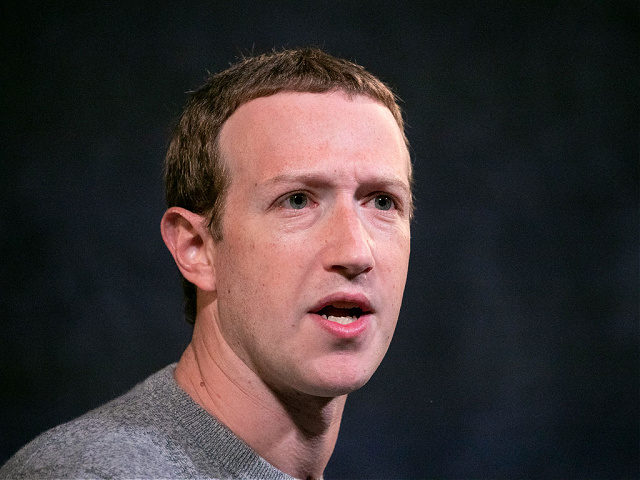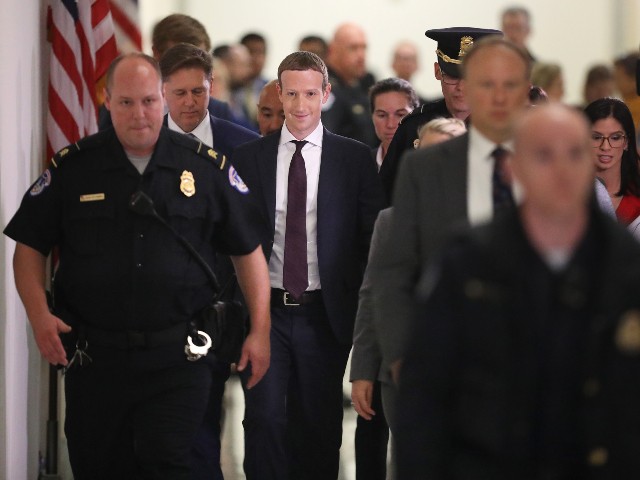The U.S. Court of Appeals for the Ninth Circuit ruled on Friday that Facebook can be sued in court for allegedly violating civil rights law by discriminating on the basis of race and sex in its targeting of housing advertisements.
The Ninth Circuit overturned a ruling in the lower courts which held that Section 230 of the Communications Decency Act (CDA) shielded Facebook from liability in Rosemarie Vargas v. Facebook.
The case was brought by Vargas and four other women who allege that Facebook violated the Fair Housing Act, California’s Fair Employment and Housing Act and the Unfair Competition Law.
The plaintiffs argue that her civil rights had been violated by Facebook’s ad targeting platform, which she alleged restricted her from seeing various property ads.
From the complaint:
Facebook’s Ad Platform and its targeting methods provide tools to exclude women of color, single parents, persons with disabilities and other protected attributes, and as a result of Facebook’s actions. Plaintiff Vargas, and others similarly situated, were prevented from having the same opportunity to view ads for housing that other Facebook users, not in protected classes received.
Because the case concerns the ad targeting model that Facebook developed, the Ninth Circuit declared that the company is not protected by Section 230, which shields platforms from liability for third-party content.
“We agree with Plaintiffs that, taking the allegations in the complaint as true, Plaintiffs’ claims challenge Facebook’s conduct as a co-developer of content and not merely as a publisher of information provided by another information content provider,” wrote Ninth Circuit Judge Susan P. Graber and by Tenth Circuit Judge Michael R. Murphy in the opinion.
Since Facebook’s entire ad business relies on building highly individualized profiles of users, and then “micro-targeting” ads based on those profiles, a loss in Vargas could open a massive can of worms for the company.
Via Digital Information World:
The decision was taken by the majority of judges who alleged that the firm’s entire advertising platform went against civil rights laws by enabling advertisers who were blocking housing advertisements from so many users, all based on confounders like age and gender, among others.
This happens to be just one of many cases issued against Facebook regarding discriminatory advertisements. And when that case did appear out in the open, the app agreed to fix up options for targeting ads that stop advertisers from dealing in products and services like credit cards, housing, and more.
As a loss for Facebook would mean more business for civil rights lawyers, it’s unsurprising that left-wing organizations are lining up to support Vargas. Her arguments in court have been backed by an amicus brief from Free Press, the American Civil Liberties Union (ACLU), the Lawyers’ Committee for Civil Rights Under Law and the National Fair Housing Alliance.
The case is Rosemarie Vargas v. Facebook, No. 21-16499, in the United States Court of Appeals for the Ninth Circuit.
Allum Bokhari is the senior technology correspondent at Breitbart News. He is the author of #DELETED: Big Tech’s Battle to Erase the Trump Movement and Steal The Election. Follow him on Twitter @AllumBokhari.


COMMENTS
Please let us know if you're having issues with commenting.